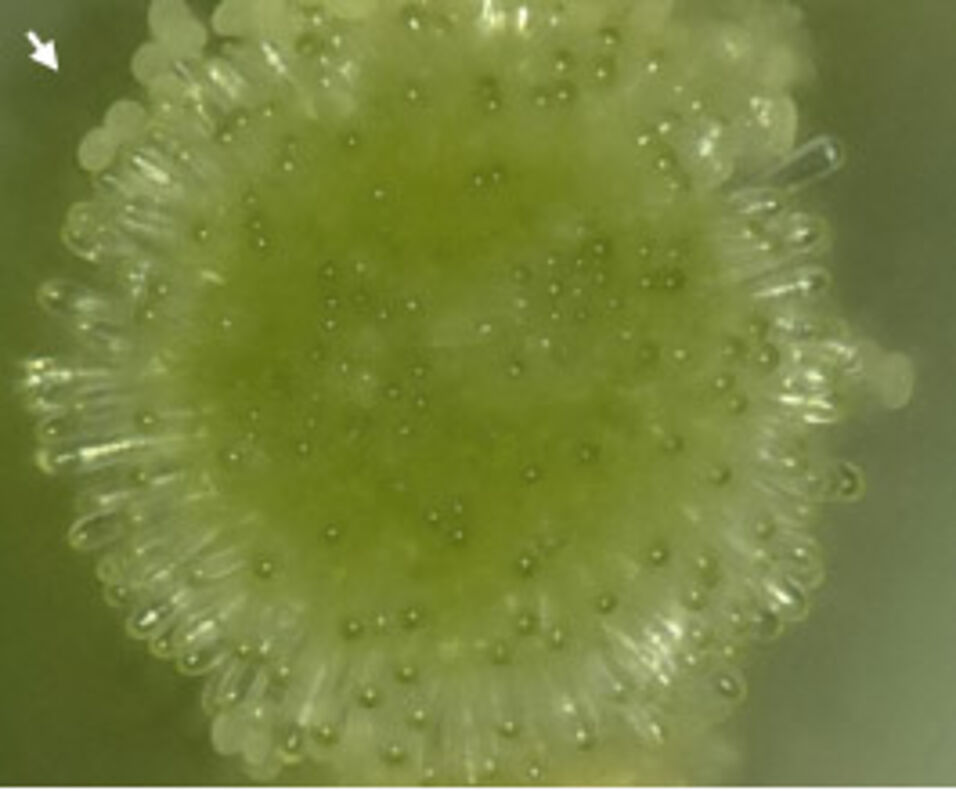A successful fertilisation in plants guarantees the production and high crop yield for human food, e.g. seeds and fruits but also bread, beer and beef! Drought periods inhibit this process and thus dramatically reduce crop yields.
In this project, molecular mechanisms are investigated that enable the pollen to adapt to drought stress conditions adjusting its metabolism to continue its growth to the ovule. The project is financed by the FWF (P29626)
Project summary: http://pf.fwf.ac.at/project_pdfs/pdf_abstracts/p29626e.pdf
Website of Gerhard Obermeyer (Molecular Plant Biophysics, and Biochemistry Lab, Univ. Salzburg) : www.uni-salzburg.at/mpbb

